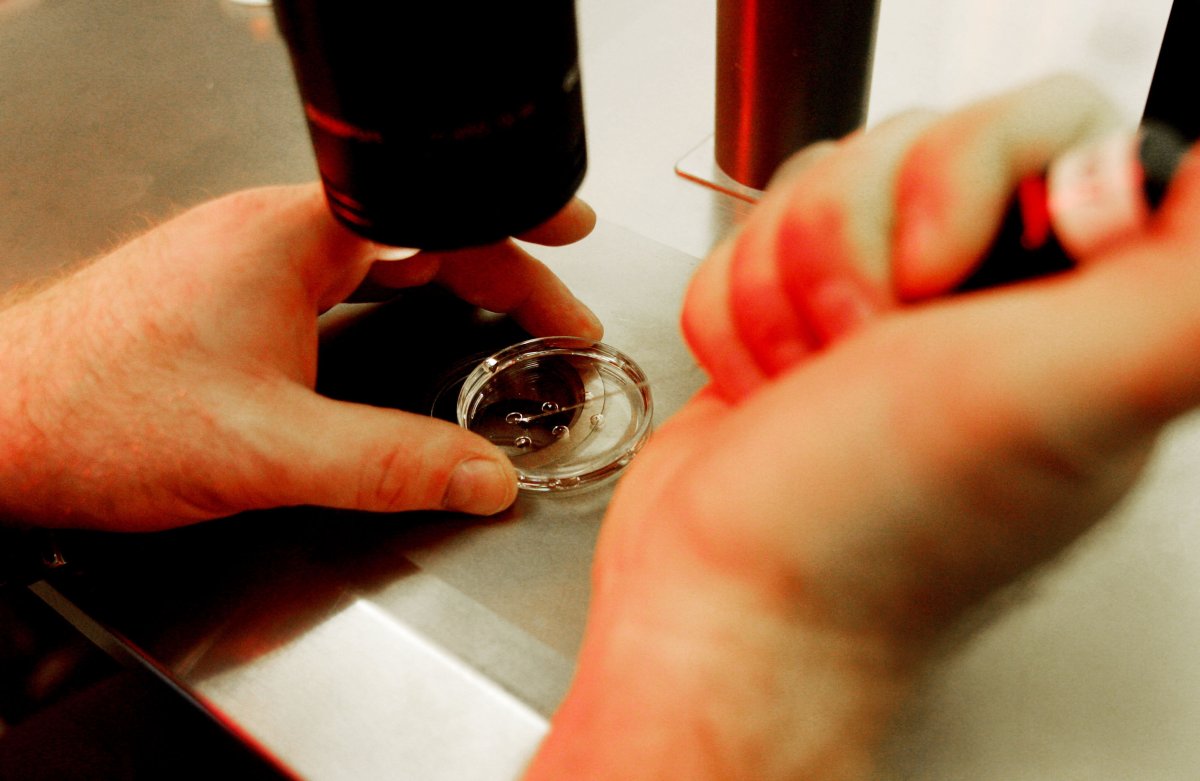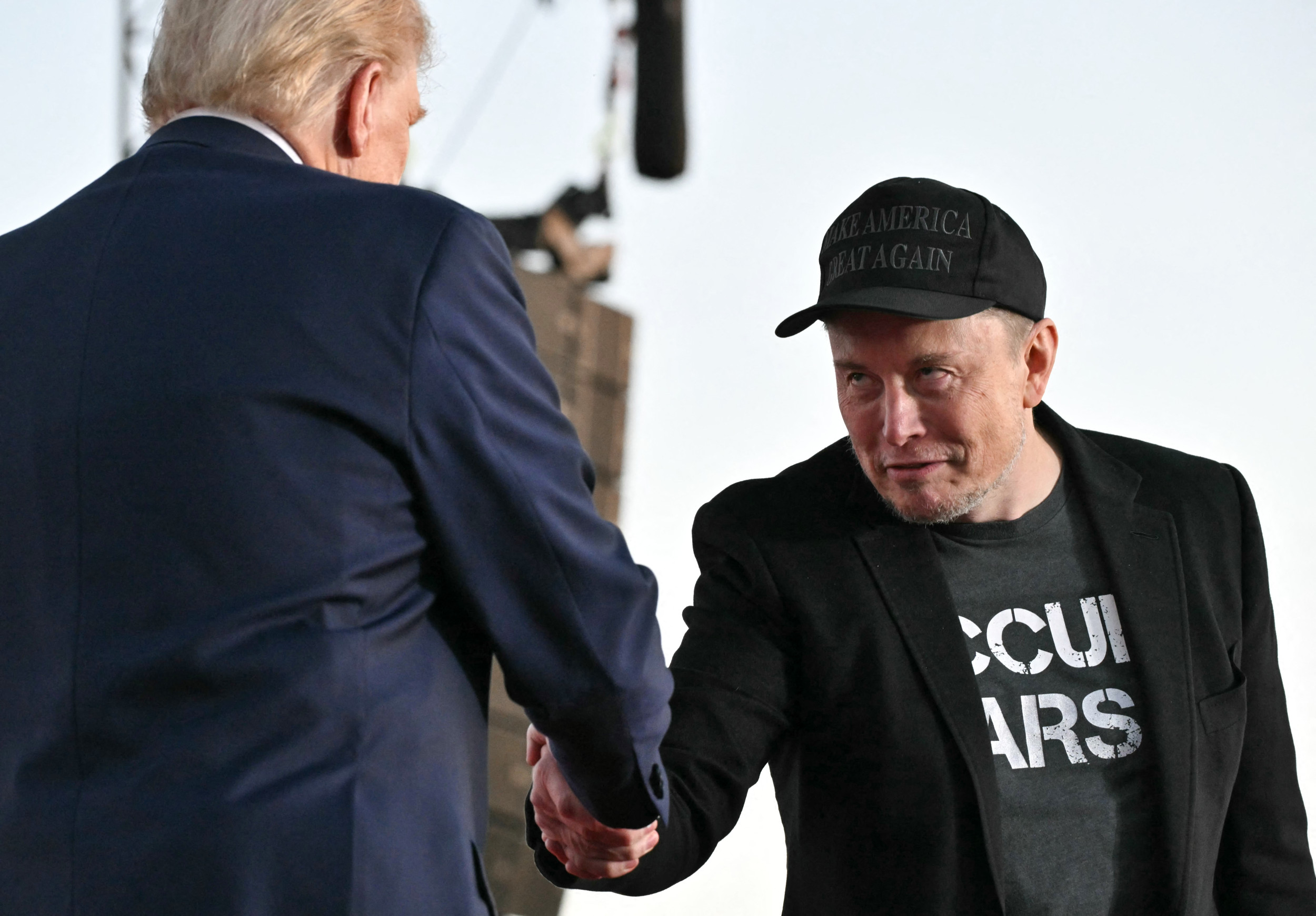As of this month, it's prohibited to use an anonymous sperm or egg donor in Colorado under a new law that took effect Jan. 1.
It's the first state to ban anonymous gamete donation, thanks to a nascent political movement with a relatively new advocacy group—the U.S. Donor Conceived Council (USDCC), which works on behalf of people born via donor conception.
The law gives donor-conceived people access to the donor's identity and medical history when they turn 18. It also limits the number of families that can use any one sperm donor to 25—total, worldwide—and requires sperm and egg banks to maintain records on donors and to update them at least every three years with any relevant new health information.

I, like these advocates, believe children deserve to know where they came from, including any biological connections. I hold this belief so firmly, that I chose a sperm donor on Facebook because I wanted to have as much information as possible for my son, who is now 8 months old.
While my path may sound outrageous, I would argue that denying a child basic information about their heritage and lineage is cruel and unfair. For the book I wrote about my journey, Inconceivable: Super Sperm Donors, Off-the-Grid Insemination, and Unconventional Family Planning, I interviewed numerous donor-conceived people. Many were tired of being told they should just be grateful to be alive because they were "so wanted and so loved."
While that may be true, they argue, that's not always enough. Many still want to understand their genetic origins. Most people get to see their own features and mannerisms reflected in the parents who raised them. Why is it so wrong, they wonder, for them to crave learning about where their own characteristics came from? To want to know what genetic health risks they may face?
The Opposition
Critics—usually sperm banks—opposed the legislation and any further regulation of the gamete donor industry. They argue that there will be a shortage of donors because many only donate due to the option of anonymity; they don't want to have their biological offspring track them down years or decades later.
This is precisely why such people were never good candidates to be gamete donors in the first place. If they can't handle the ramifications of creating human life, perhaps it's best they don't. Additionally, it's dishonest to tell donors that they can expect anonymity. Between consumer genetic testing and the ability to reverse image search photos that banks provide of the donors, staying unknown is never a guarantee.
The banks also oppose government-mandated tracking of how many children are born from each donor, and efforts to legally limit the number of families that each donor creates.
The American Society for Reproductive Medicine has established a guideline limit of 25 families created per donor for each population area of 800,000 or more people. This allows for a significantly higher number of children to be born from any one given donor than the Colorado limit, which increases the chances for incest among offspring, along with the likelihood that each child will have dozens of siblings he or she may never be able to meet. Banks can also swap or sell vials from certain donors who have reached the self-imposed limit and allow those donors' genetics to continue producing children in a new state or country, indefinitely.
This is purely profit-driven for sperm banks, which typically take one donation from each individual donor and divvy it up into a half-dozen or more vials of sperm, selling them for an average of $1,000 per vial.
What's Next
USDCC is still fighting anonymous sperm donation and for other issues that affect donor-conceived people.
They worked in 2024 with the Uniform Law Commission, a nonprofit dedicated to drafting non-partisan legislation that brings consistency from one state law to the next. Together, the groups updated the Uniform Parentage Act, which is model legislation that establishes a legal framework for determining who is the legal parent of a child. It covers issues like establishing paternity and protecting LGBTQ parents, among other things.
The change that USDCC helped draft in 2024 was to Article 9, which now requires identity disclosure to donor-conceived adults, and requires the provision of medical information to recipient parents and donor-conceived adults.
Article 7 of the Uniform Parentage Act uses an intent-based framework, meaning that if someone intends to be a legal parent, they are a legal parent. Conversely, if someone only intends to be a donor, they will not have the legal responsibilities or obligations of a parent.
Not all states have adopted the most recent version, for which USDCC is advocating, but if they did, it would help protect women, like me, who use known sperm donors from potential child custody battles. It would also protect sperm donors who help friends or strangers online to conceive from later being hit up for child support.
This year, USDCC is advocating to get these changes adopted in state legislatures in Pennsylvania and Hawaii, among other states.
While many donor-conceived people don't have any interest in meeting their genetic parents, most at least want the information about who they are and relevant health information.
But you can't predict how they will feel about their genetic parents, and for that reason, allowing anonymous gamete donation to continue is unethical.
Valerie Bauman is an award-winning investigative journalist and the author of Inconceivable: Super Sperm Donors, Off-The-Grid Insemination, and Unconventional Family Planning. Previously, she was a senior investigative reporter and senior legal reporter at Bloomberg Law, where she covered the pharmaceutical litigation beat.
The views expressed in this article are the writer's own.
Is This Article Trustworthy?
Is This Article Trustworthy?
Newsweek is committed to journalism that is factual and fair
We value your input and encourage you to rate this article.
Newsweek is committed to journalism that is factual and fair
We value your input and encourage you to rate this article.
About the writer
Valerie Bauman is an award-winning investigative journalist and the author of Inconceivable: Super Sperm Donors, Off-The-Grid Insemination, and Unconventional Family ... Read more



